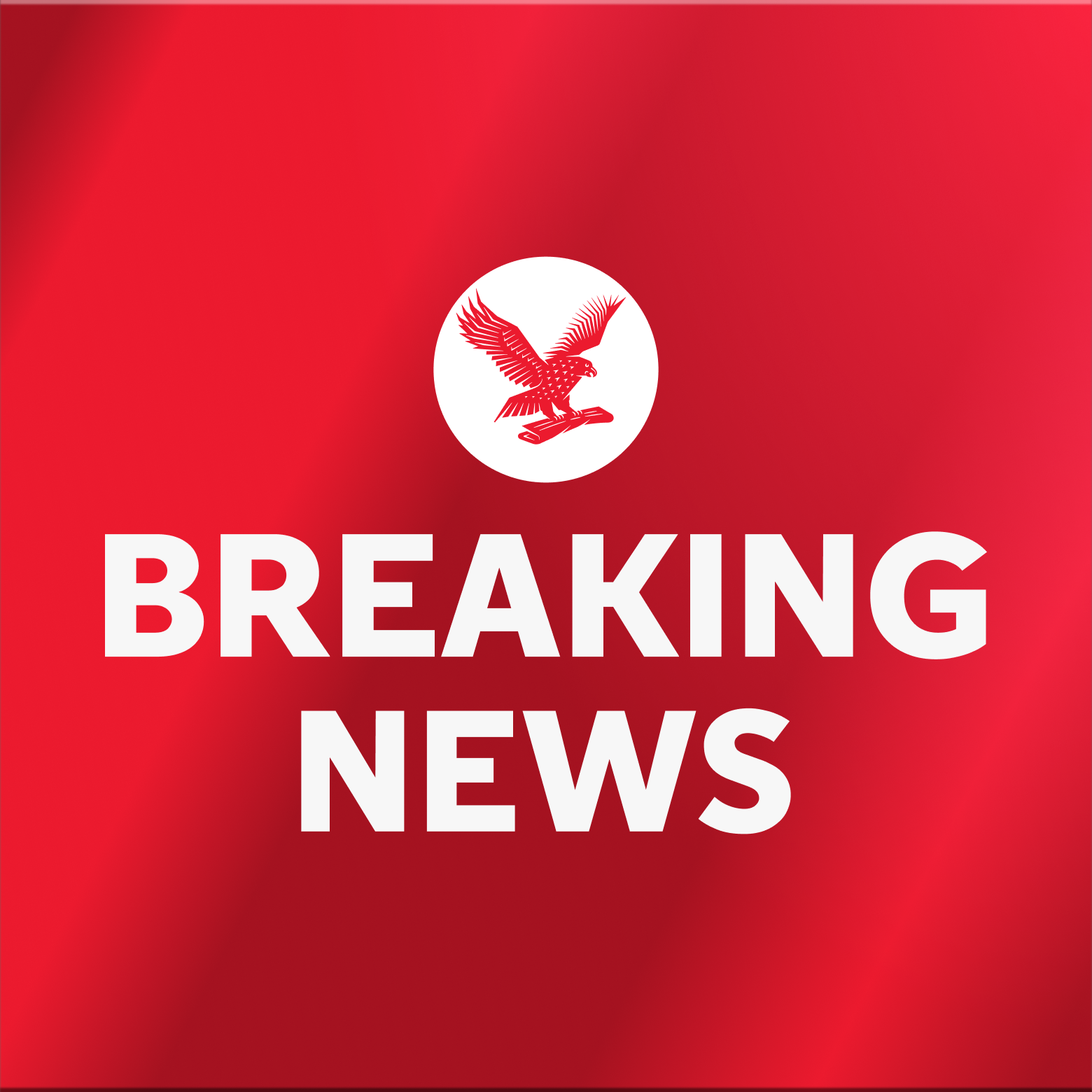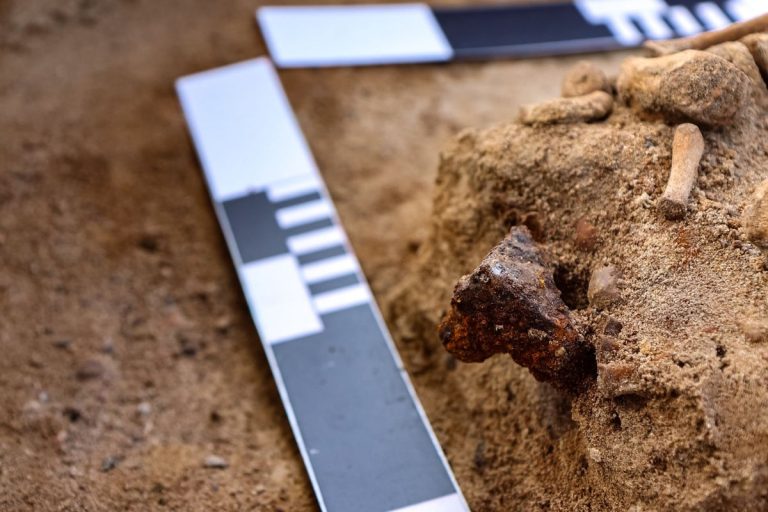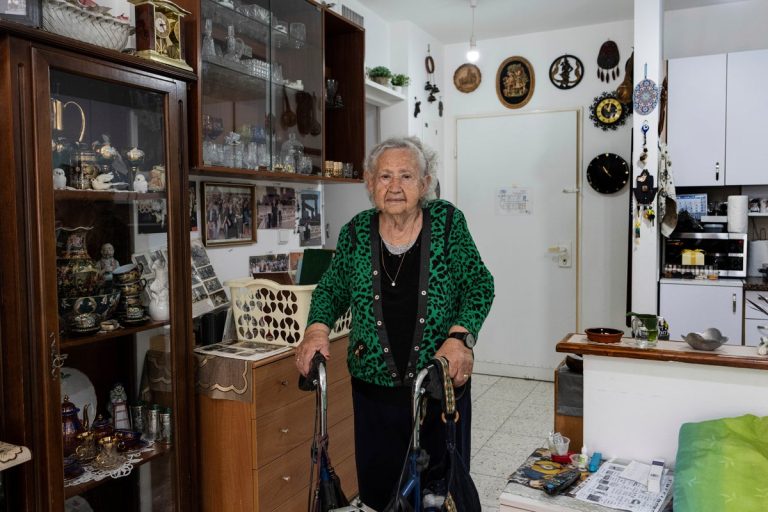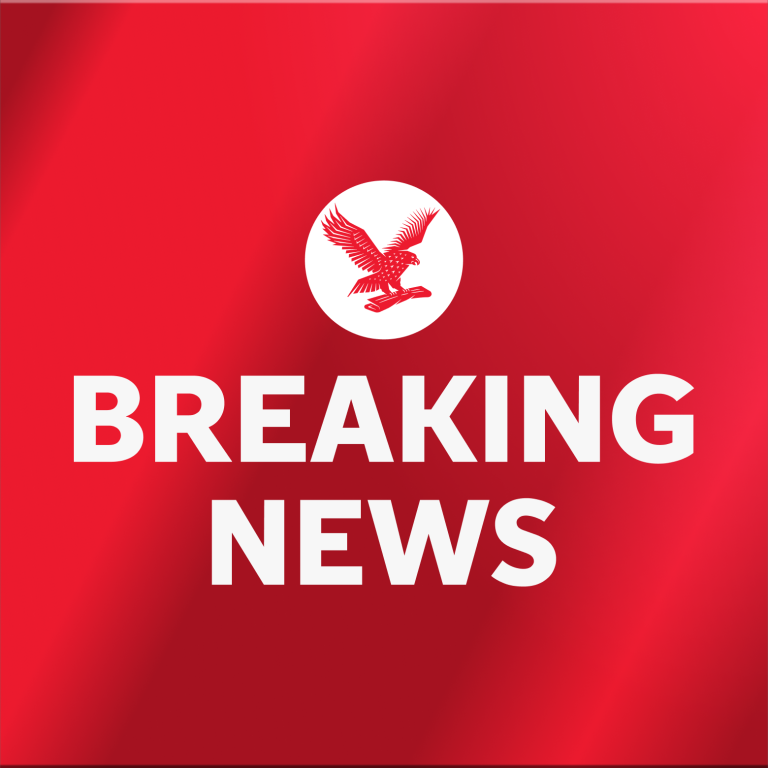Estonia’s foreign minister says the Baltics have 3 or 4 years to prepare for Russian 'test’ of NATO

For free real time breaking news alerts sent straight to your inbox sign up to our breaking news emails
Sign up to our free breaking news emails
Estonia’s foreign minister said Wednesday that NATO has about three or four years to strengthen its defenses as Russian President Vladimir Putin ramps up his country’s “war machine.”
Margus Tsahkna told a news conference during a visit to Poland’s capital that Estonia does not view Russia as an immediate threat to it and the other Baltic states, Lithuania and Latvia, because Moscow is busy with its full-scale invasion of Ukraine.
“But we must understand the Russian war machine has started in the full scale, the capabilities for production and the mentality as well, because Putin is controlling now everything,” he said alongside his host, Polish Foreign Minister Radek Sikorski.
Tsahkna said Estonia’s government estimates that it could take “three to four years” for Russia to prepare a “test for NATO.”
Estonia, Lithuania and Latvia are considered among the most likely targets if Russia one day decides to risk an attack on the military alliance. Neighboring Poland, though much larger, also feels vulnerable. All four countries are staunch supporters of Ukraine.
As tensions soar between Russia and the West over the war, it emerged Tuesday that Estonia’s prime minister has been put on a wanted list in Russia because of her efforts to remove Soviet-era World War II monuments. Kallas dismissed the move as a “familiar scare tactic” by Moscow.
Estonia’s Foreign Ministry said in a statement Wednesday that it summoned Russia’s chargé d’affaires to express “indignation.”
Tsahkna and Sikorski stressed the importance of maintaining strong support for Ukraine.
The Estonian foreign minister recalled how in 2017, when he was defense minister, Russia deployed 120,000 troops across the border of the Baltic states. Those troops have since been deployed to Ukraine, where many have been killed.
Tsahkna said it proves that “Ukraine is not fighting for us, but instead of us.”





